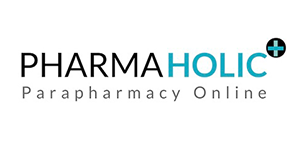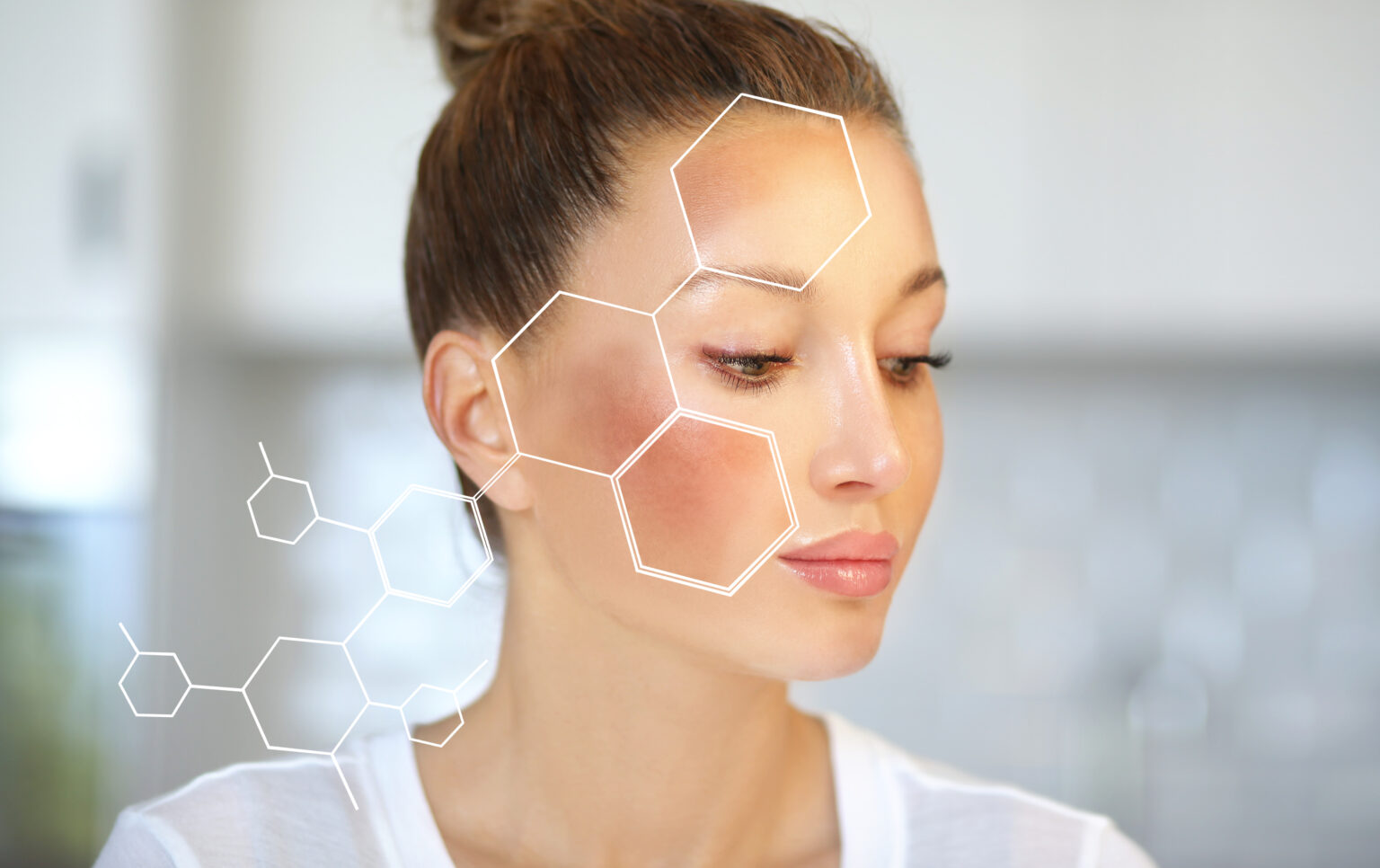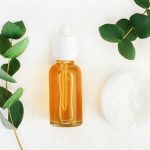Knowing your skin type is a must, in order to know which skin care products suits you identifying which type of skin you have is crucial, however, another very important step is identifying your skin concern, this may be rosacea, superficial veins, eczema, or hyperpigmentation, let’s talk hyperpigmentation!
Hyperpigmentation is a skin condition where patches of the skin are darker than the rest. Dark patches on the face, neck and around mouth are formed due to deposits of extra melanin – color producing pigment
When pigment producing cells (melanocytes) are damaged, they produce more melanin that bundle together. Clusters of melanin on certain parts of the skin lead to dark patches or hyperpigmentation. It can occur on any skin type and age group, but is generally harmless.
- 3 Types Of Hyperpigmentation & Their Causes
Sunspots are caused by prolonged exposure to the sun. They are also called liver spots, and they can also cause freckles.
Melasma is a common skin condition seen more frequently in women then men and associated with sun exposure, oral contraceptive use, and pregnancy (mask of pregnancy). Melasma presents as irregular brown patches on the cheeks, forehead, bridge of nose, upper lip, and chin.
Post inflammatory hyperpigmentation (PIH) is usually temporary pigmentation (most cases resolve within 2-6 months) and represents the skin’s response or reaction to some trauma whether that trauma be infection, acne, waxing, chemical peels or some energy based treatment such as a laser.
– Retinoids is a broad term used for vitamin A derivative. They are a miracle ingredient in skin care known for their incredible benefits like anti-aging and skin lightening.
– Vitamin C or ascorbic acid is a powerful antioxidant that reduces hyperpigmentation caused by sun damage. It functions by inhibiting the activity of enzyme tyrosinase that is responsible for melanin synthesis.
– Niacin amide is a vitamin B3 derivative that helps in treating hyperpigmentation caused by sun damage. It also helps in production of collagen.
– Hydroquinone is a skin lightening agent that functions by reducing the amount of melanin in the skin.
- Acne causes inflammation and can leave the skin with hyperpigmentation. Azelaic acid treats discoloration and is a leave-on gentle exfoliant. It is one of the safest and effective treatments for hyperpigmentation.
Hyperpigmentation is diagnosed through physical examination by a certified dermatologist.
- Tips To Prevent Hyperpigmentation
- Wearing sunscreen is the number one preventive measure for hyperpigmentation. Pick a broad spectrum sunscreen and apply it 20 minutes before you go outdoors.
- Pay attention toyour skin care routine. Incorporate a mild exfoliating cleanser containing salicylic acid (beta hydroxy acid). Use a good moisturizer for hydration and to prevent further development of acne.
- Don’t pick: Squeezing, pinching or picking spots, scabs, and acne on your skin may result in dark spots or make existing ones even worse
- Cosmetic Procedures For Hyperpigmentation
- Chemical Peels
- Laser Therapy
- Microdermabrasion
While hyperpigmentation is common and a concern for many, a wide variety of products are now available to help brighten skin and even tone, the key will always be identifying your skin type, following a proper skin care routine & the results will definitely follow!



